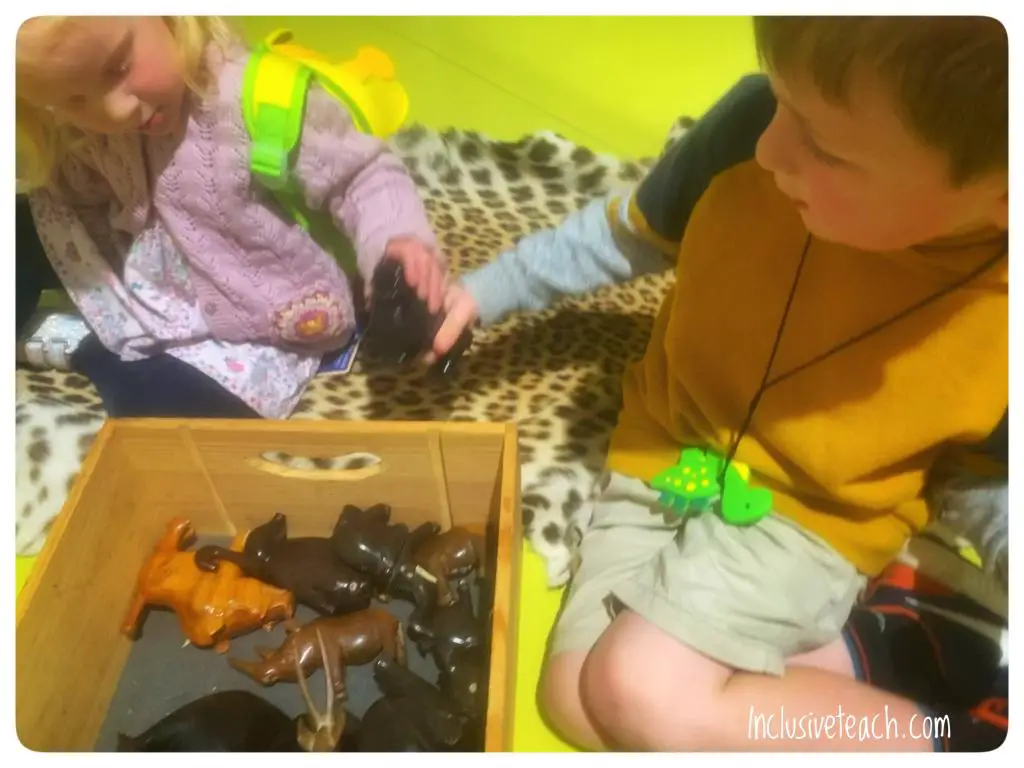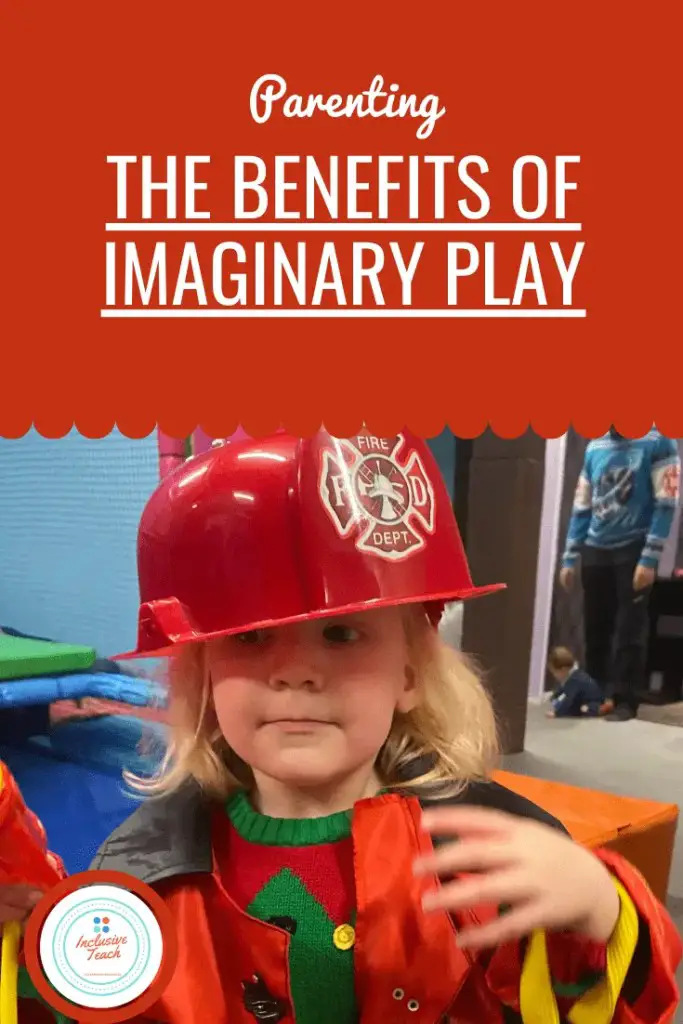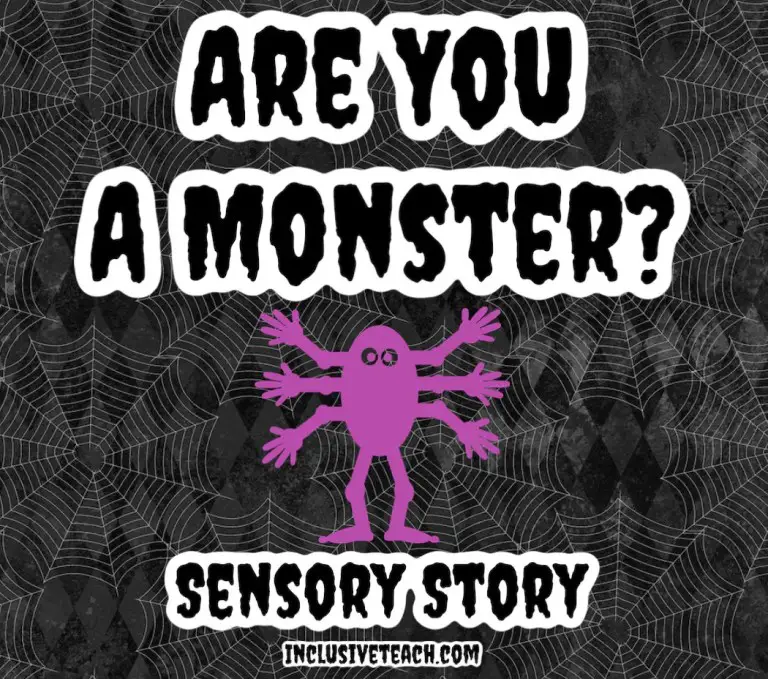The Benefits of Imaginary Play
Why is Imaginary Play Important?
When you see your little one engaged in an elaborate pretend scenario, don’t dismiss it as ‘just playing.’ Imaginary or pretend play provides incredible cognitive, social, and emotional benefits that can give your child a developmental boost. This article will explore why pretend play is so important and how parents and early years teachers can encourage it. Learning through play is one of our favourite topics. After 5 children we are lucky to have acquired a lot of toys and play equipment. But… Imaginary play is not limited to toys. Given freedom to explore a child will find a playful use for many objects.
What is Imaginary Play in The Early Years?
Imaginary play in early years is a delightful and essential form of play that fosters creativity, cognitive development, and emotional well-being. Let’s dive into the details:
- Definition:
- Imaginary play, also known as make-believe play or pretend play, is driven by children’s imaginations. It involves creating fictional scenarios, characters, and worlds using their creativity.
- Children might re-enact real-life experiences, invent fantastical adventures, or transform everyday objects into something magical.
- Key Aspects:
- Creativity: Imaginative play encourages children to think outside the box, invent stories, and explore limitless possibilities.
- Communication and Language: Children practice expressing themselves, narrating events, and interacting with others during play.
- Social Skills: They learn cooperation, negotiation, and empathy as they collaborate with peers in shared imaginative worlds.
- Problem-Solving: Imaginative play allows children to solve fictional problems, make decisions, and explore consequences.
- Fun and Joy: Most importantly, it’s loads of fun! Children immerse themselves in play, laughing, experimenting, and enjoying the process.
- Examples of Imaginative Play:
- Role Play:
- Children take on different characters (e.g., doctors, firefighters, superheroes) and act out scenarios. They might use props like costumes, masks, or sets.
- Role play helps them understand different perspectives and the “why” behind events in stories.
- Small World Play:
- Creating miniature worlds using toys, building blocks, or household objects.
- Children invent scenarios—such as running a shop, cooking a pretend meal, or hosting a tea party.
- It encourages storytelling and fine motor skills.
- Acting Out Stories:
- Children re-enact scenes from their favourite books or invent new twists.
- Dressing up, using props, and adding their creative flair.
- Symbolic Play:
- Imagining objects as something else (e.g., a twig as a magic wand, a stack of boxes as a castle).
- Symbolic play enhances cognitive flexibility.
- Role Play:
- Benefits:
- Emotional Expression: Children process emotions through play, whether joy, fear, or curiosity.
- Self-Regulation: Squishing playdough, building forts, or pretending helps manage emotions.
- Confidence Boost: Children feel the impact of their ideas and gain confidence.
- Brain Development: Imaginative play stimulates neural pathways and creativity.
Imaginary play isn’t just about entertainment—it’s a powerful tool for holistic development.

What is Imaginary Play?
Imaginary play refers to make-believe scenarios where children take on roles, act out stories, or transform objects through imagination. Your child may pretend to be a doctor, teacher, superhero, or even a dragon or potato (don’t ask)! Pretend play can involve intricate storylines and rich imaginary worlds.
Why are the benefits of Imaginary Play?
Enhances Cognitive Skills
Imaginary play is a mental playground that builds crucial cognitive competencies:
- Problem-solving – Children invent pretend scenarios that require logical thinking. If pretend patients need medical help, your child must diagnose and treat them.
- Abstract thinking – By using one object to represent another, children advance their ability to understand symbolism and grasp abstract concepts.
- Language development – Pretend play provides opportunities to learn new vocabulary, improve conversational skills, and understand narratives.
Supports Social & Emotional Growth
Imaginative play also cultivates social-emotional intelligence:
- Empathy – Trying on different roles builds empathy and understanding of other perspectives.
- Emotional processing – Children can safely act out scary or upsetting scenarios to manage their feelings.
- Cooperation – Collaborative imaginative play teaches sharing, negotiation, joint attention, and working together.
Enhances Physical Skills
Pretend play incorporates movement and motor development:
- Fine motor skills – Activities like pretend cooking, writing, or cleaning improve dexterity.
- Gross motor skills – Running, jumping, and pretending to be animals builds overall coordination.
- Sensory Processing – Heavy work, exercise and active play can help children with Sensory processing disorder regulate themselves (SPD).
Encouraging Imaginative Play
As a parent or teacher, how can you nurture pretend play?
- Provide a safe space for play, but don’t overwhelm with too many toys. Simple materials are best.
- Allow the child to take the lead and follow their imagination. Occasionally join in, but let them direct.
- Ask open-ended questions about their pretend scenario rather than take control.
- Introduce new vocabulary to enrich their play.
- Ensure adequate time for unstructured play.
- Develop an awareness of the value of different play types.

Imaginary play emerges as early as age 2 and progresses in complexity. By age 5, many kids engage in collaborative, intricate pretend world exploration. Lay the foundations for robust imaginative abilities through plenty of pretend play opportunities.
When you see your child immersed in an imaginary world, remember—they aren’t just playing. They are actively engaging in creative exploration, honing essential cognitive and emotional skills that will serve them well throughout their lives.
Through imaginative play, children learn to problem-solve, think critically, and develop their communication and socialisation skills. Whether it’s pretending to be a superhero, a doctor, or a teacher, they are developing their ability to think outside the box and come up with innovative solutions.








One Comment